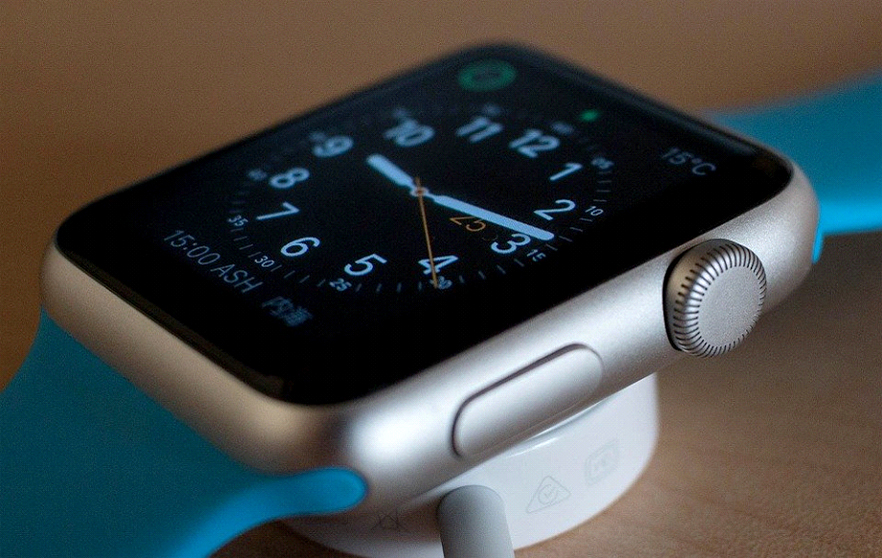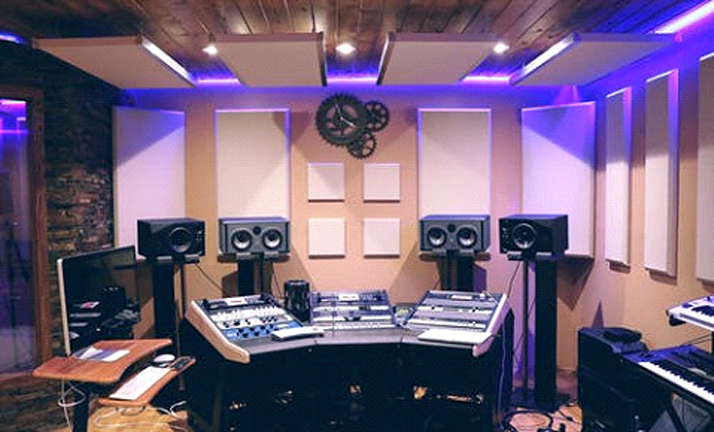Are you worried that your laptop sound like a jet engine during everyday activities? This problem is quite common and usually is less serious than it sounds.
Laptop noise issues often stem from overheating components and can be easily fixed if the right steps are taken. Such noises can be incredibly irritating and cause a lot of distraction while working on important tasks. Don’t worry, it may mean that something is wrong with some of the components inside your laptop, but these issues are often easy to fix!
This blog post will cover common causes of noisy laptops and explain how to quickly diagnose and fix the root cause of these issues. By the end of this guide, your laptop should be running quietly again.
Contents
What Are the Common Causes of Noisy Laptops?
Your laptop’s fan is often the cause of the sound of a jet engine. A laptop’s fan is responsible for cooling down the CPU and other components, which can become too hot if left unchecked. If you are experiencing this kind of noise, it may be because your computer is overheating or its fan has become faulty.
You may also hear the sound of a laptop if dust has gotten inside the laptop. Dust blocks the fan and causes the blades to collide.


How to Diagnose Laptop Noise Easily?
There are a couple of steps to help you diagnose why your laptop is making loud noises. You need to identify the source of the sound to determine where it comes from. Laptops generally make two different types of sound, fan-related and hard drive-related.
Fan-related noise can be identified by its consistent buzzing or humming sound, while hard drive-related noise can be identified by clicking or ticking.
If the noise is fan-related, it could mean that your laptop has been running for too long and needs to cool down. Check if any fans are clogged with dust or hair, and try to clean them out. It also helps to ensure that all of your laptop’s vents are clean and unobstructed.
If the noise is hard drive-related, it could be due to a failing or damaged hard disk drive. To check whether this is an issue, you can run a Hard Disk Drive Diagnostic test in your laptop’s BIOS. If there is indeed an issue with the hard drive, you may need to replace it.
How to Fix the Issues?
Fortunately, you can take steps to identify and resolve your laptop’s jet engine-like sound.
- Inspect the cooling fan: A spinning fan blade is the most common culprit behind laptop noises. If your laptop’s fan is the source of noise, open the bottom cover of your device. Check if any dust or debris has built up on the blades. If the noise continues, try cleaning it with a brush or compressed air.
- Change power settings: Some laptops are set to higher performance levels when plugged in, which can increase heat output and cause more noise from fans running faster as they try to cool down. You can adjust these settings by navigating System Preferences and selecting the “Power & Sleep” tab. You can turn down the processor speed or switch to a battery-saving mode with lower performance settings.
- Check for viruses: If your laptop is making a strange noise and has been running slow lately, it could be due to a virus or other malicious software. Make sure you have up-to-date antivirus protection installed on your device and run regular scans to identify potential threats.
- Replace hardware components: In some cases, the issue may be due to faulty hardware components such as fans or heat sinks. Fans and heat sinks can cause laptop noise over time or when they malfunction due to improper installation. These parts will need to be removed to be inspected and possibly replaced with brand-new parts.
Tips on Choosing the Right Laptop and Avoid Noisy Ones
When you’re shopping for a laptop, it is helpful to keep several things in mind. Avoid ones that sound like a jet engines. First and foremost, it’s important to pick the right kind of budget laptop for your needs. Gaming laptops generally have louder fans and are noisier than basic laptops.
If you don’t plan on playing games or using any intensive apps, looking for something simpler like an Ultrabook or Chromebook with fewer fans and less power is likely to be quieter overall.
Consider product reviews when buying a new laptop. Many reviews will include comments on the noise level of each model, so you can get a general idea of which laptops are quieter than others. Hearing laptop sound in person is often a better indication than reading online reviews.
Conclusion
If your laptop sound like a jet engine, then this likely means that its internal components are working overtime. Another major noise cause is when components are used for intensive tasks such as gaming or video editing. You can prevent this from happening by choosing the right laptop for your needs, reading reviews of each model before buying it, and checking out the laptop in person. By following the above steps, you should be able to find a laptop that will keep noise levels to a minimum.
FAQs
Q) How Do I Stop My Laptop From Making a Sound Like a Jet Engine?
This noise usually occurs when your laptop’s internal fans work at maximum capacity to keep up with intensive gaming or video editing tasks. It could also be due to poor airflow within the laptop casing, dust build-up, or other issues related to heat dissipation.
Q) How Can I Prevent My Laptop From Making Loud Noises?
The most effective way to prevent your laptop from making loud noises is by regularly cleaning the vents and fan blades and upgrading any failing hardware components. Additionally, you can change your power settings, so the laptop runs at lower speeds, which reduces heat production and, thus, noise.







